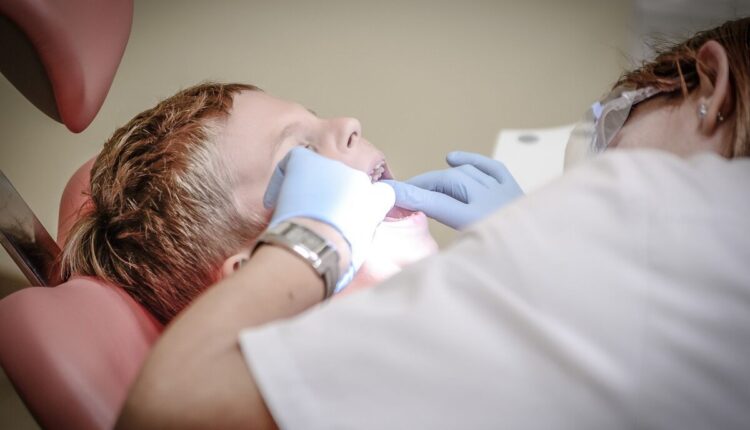How to Manage Dental Anxiety Before Visiting a Dentist in Selkirk
Dental visits in Selkirk can sometimes cause many residents to feel nervous or apprehensive. What causes these feelings, and how can they be addressed locally? Understanding ways to manage these emotions before an appointment with a dentist can help create a more relaxed and comfortable experience. This article outlines some approaches to easing anxiety before visiting the Selkirk area dental offices.
Understanding Dental Anxiety
It is common for individuals to feel a bit unsettled before visiting a dentist Selkirk. Such feelings often arise from uncertainty about what to expect or simply being in an unfamiliar setting. Dental practices in the Selkirk area, known for their patient-centred approach, usually take extra care to help patients feel comfortable and informed throughout their visit.
These feelings may manifest in different ways. Some might notice physical signs like a faster heartbeat or difficulty concentrating before their appointment. Others could experience restless nights or a sense of tension when thinking about dental care. Being mindful of these reactions can support taking early steps to manage them effectively.
Mental Preparation Before the Appointment
Preparing mentally for a dental visit can shape the overall experience. Understanding the procedures helps reduce uncertainty, while calming techniques like focused breathing ease tension. Visualizing a smooth, positive appointment can also promote a more relaxed mindset before arriving at the dental office.
Communicating With the Dental Team
Sharing feelings with the dental care team can make a difference during a visit. When the dentist and staff understand unease, they can adjust their approach accordingly. This communication helps build a cooperative environment that considers the patient’s comfort.
Knowing that questions can be asked at any time encourages openness. The dental team can explain the appointment’s events, providing helpful context. This ongoing dialogue often contributes to a sense of reassurance.
Relaxation Techniques to Consider
Practising relaxation methods can be helpful before and during the appointment. Deep breathing exercises slow the heart rate and create a feeling of calm. Another approach involves progressive muscle relaxation, which reduces tension by focusing on relaxing different body parts.
Listening to gentle music can also create a soothing atmosphere. Using headphones to play preferred tunes or calming sounds may be a helpful distraction. These techniques work well to support a calmer state throughout the dental visit.
Preparing Physically for the Visit
Physical readiness can improve comfort during a dental visit in Selkirk. Getting enough rest boosts energy and emotional balance, while avoiding caffeine helps keep nerves steady. A balanced meal beforehand prevents lightheadedness, supporting a more relaxed and composed experience.
Approaches During the Dental Appointment
Staying mindful of relaxation helps maintain calmness at the dental office in Selkirk. If a pause is needed, signs agreed upon with the dental team can be communicated. Focusing on breathing slowly or briefly closing the eyes may also relieve tension. Engaging with distractions like listening to a podcast or music can shift attention away from the procedure. Maintaining awareness of these calming actions supports managing feelings throughout the appointment, helping create a sense of control at the moment.
Options for Additional Support
In some cases, further assistance may help manage anxiety. Certain dentists can discuss options such as sedation to help patients feel more relaxed during treatment. There are also therapeutic techniques available that address anxiety through behavioural strategies.
Preparing to visit a dentist in Selkirk can lead to a more relaxed and positive experience. Combining mental preparation, physical readiness, clear communication, and calming techniques helps manage any unease. These efforts contribute to a smoother appointment while supporting long-term oral health.


